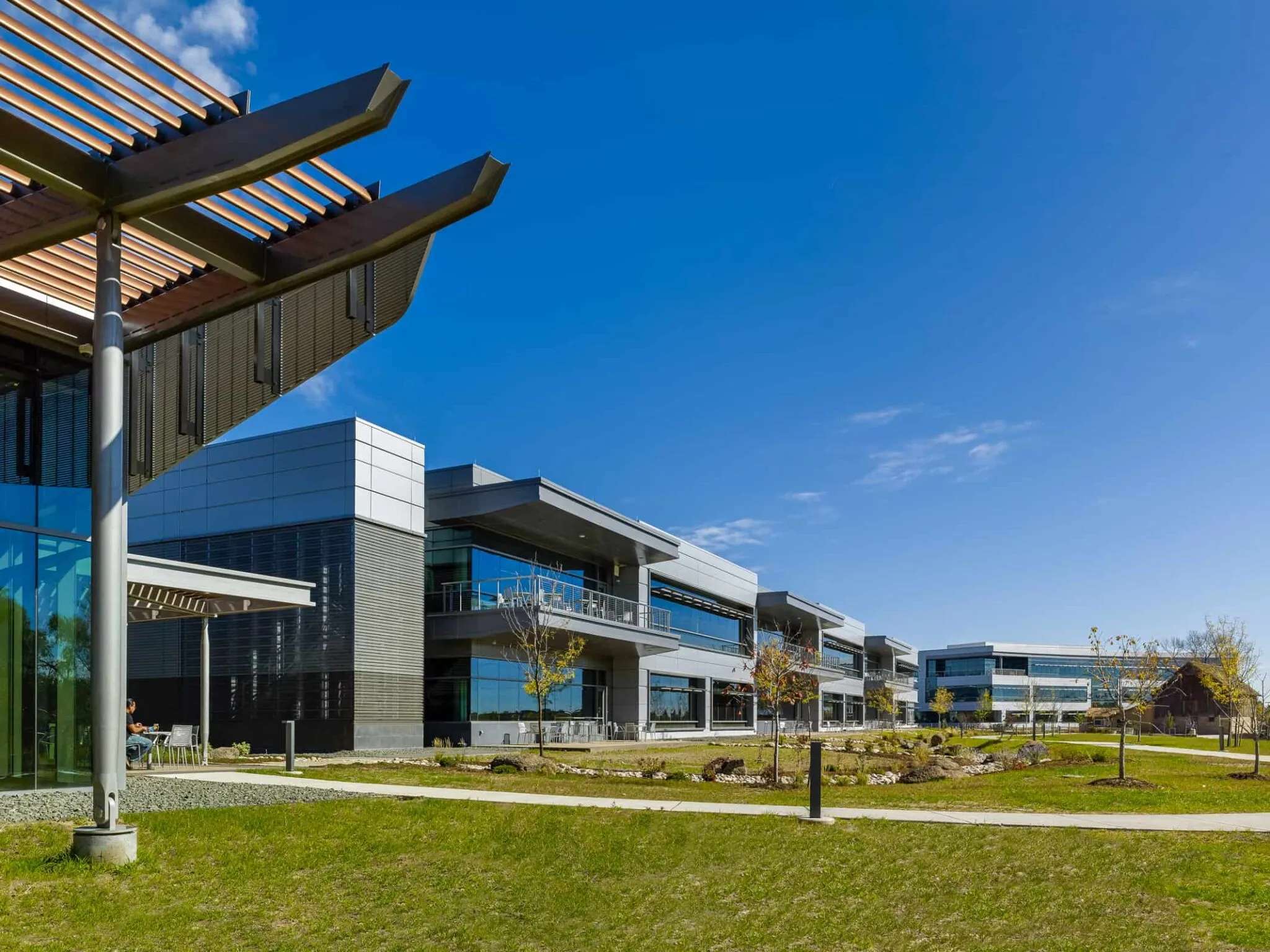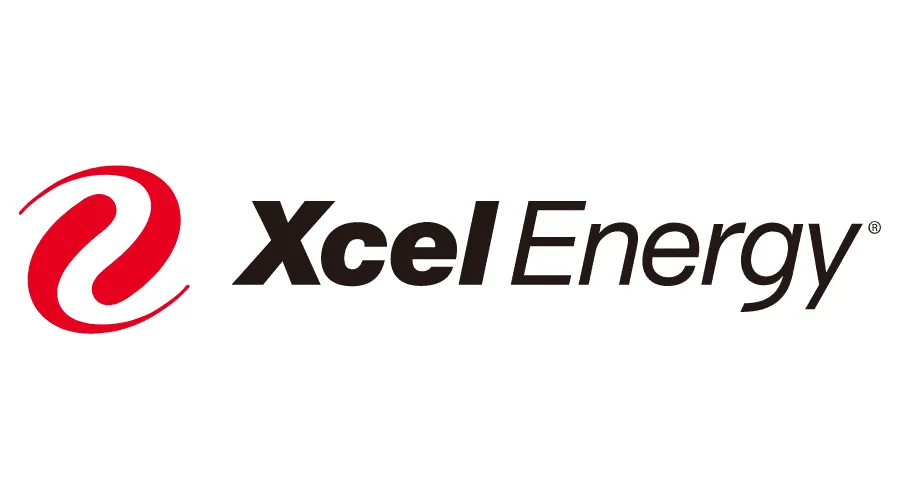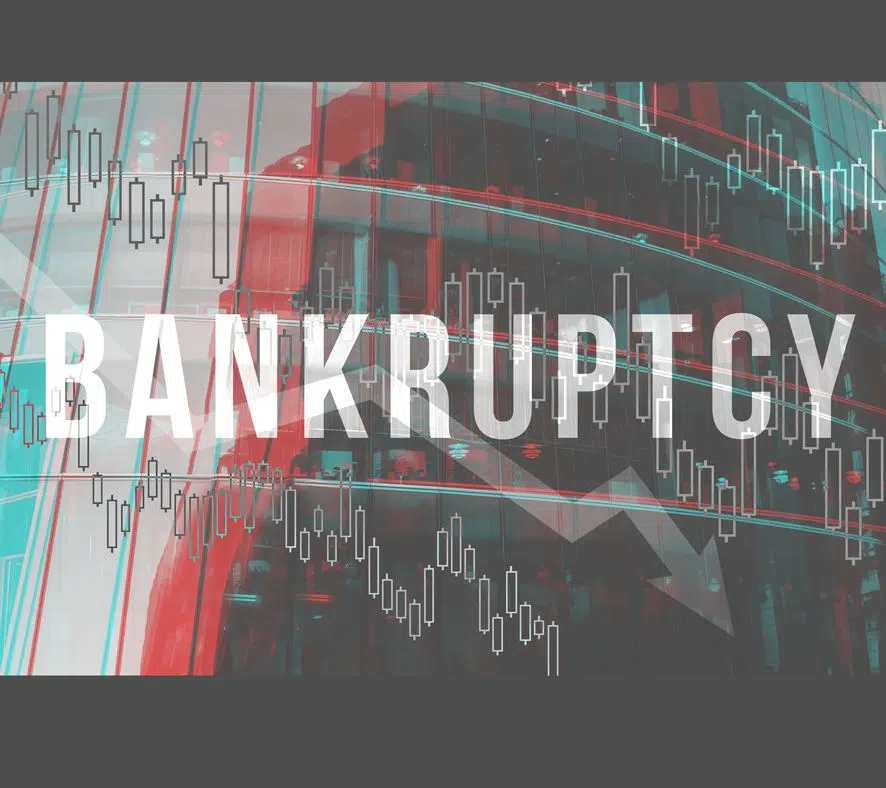CEO: Lightning eMotors committed to Loveland as it plans to go public
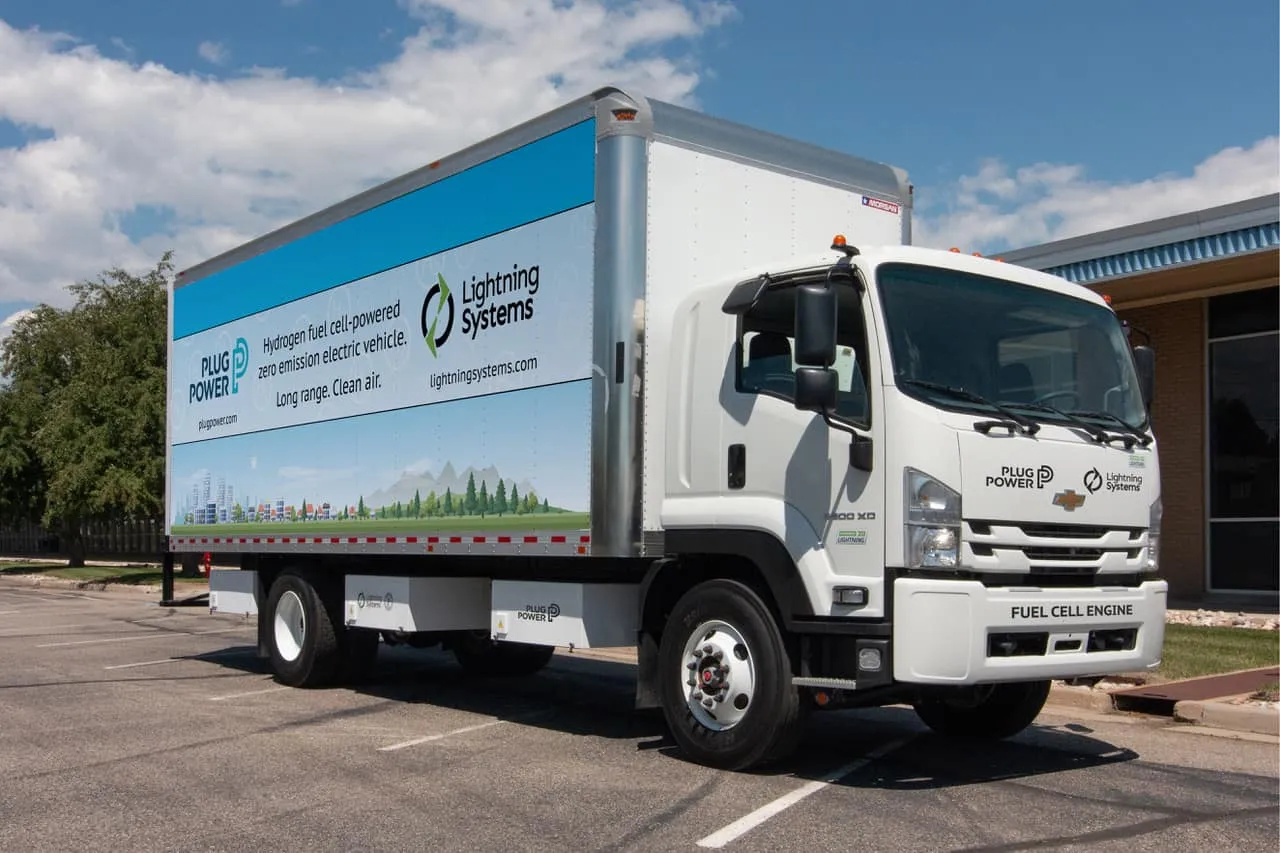
LOVELAND — Although the prospect of raising $270 million in a debut on the New York Stock Exchange would draw a company toward settling in a major metro area, Lightning eMotors CEO Tim Reeser said the company plans to stay put in Loveland for the next several years as it executes a billion-dollar growth plan.
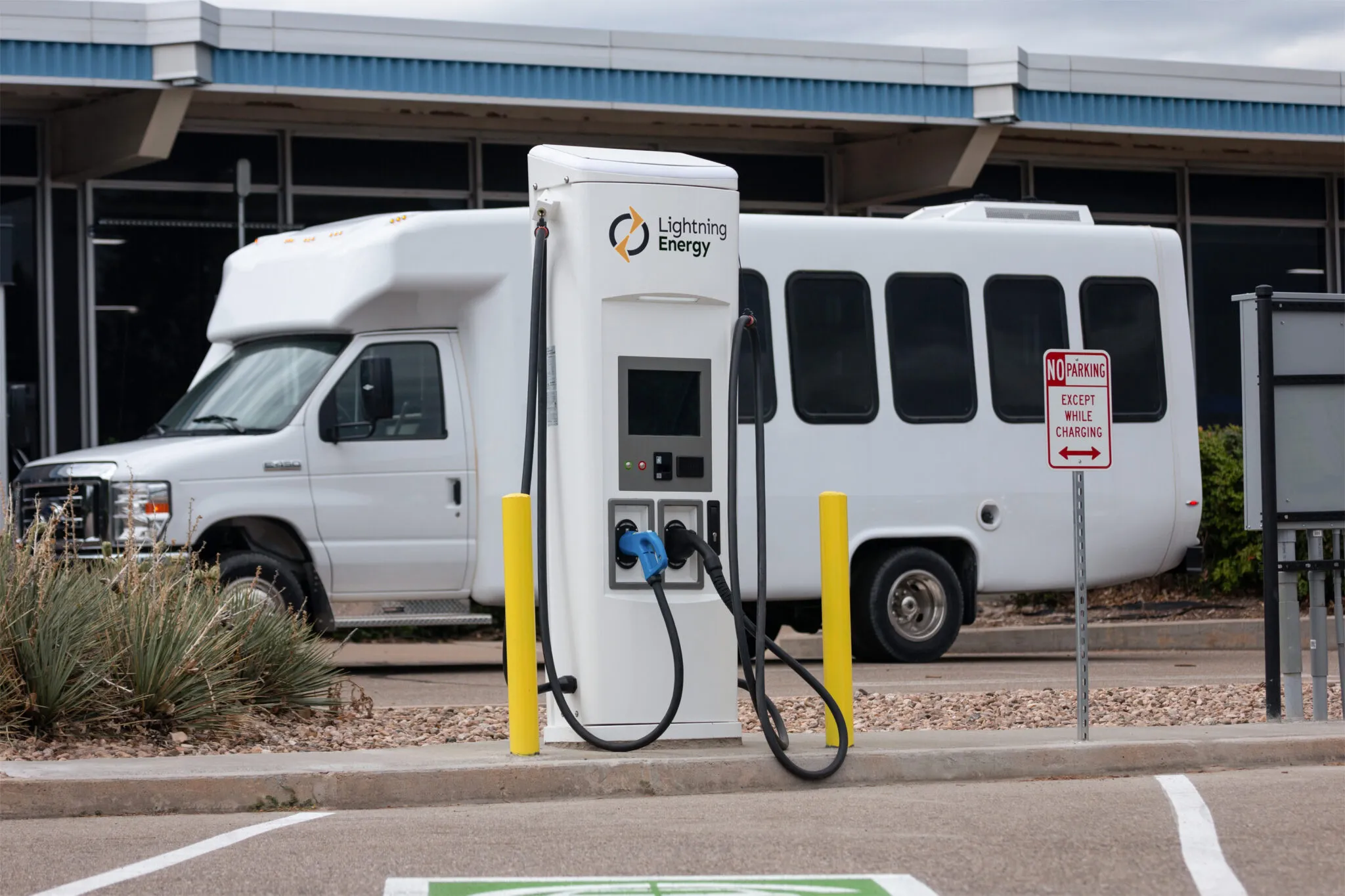
SPAC vs. IPO
THIS ARTICLE IS FOR SUBSCRIBERS ONLY
Continue reading for less than $3 per week!
Get a month of award-winning local business news, trends and insights
Access award-winning content today!
Already have a paid subscription?

